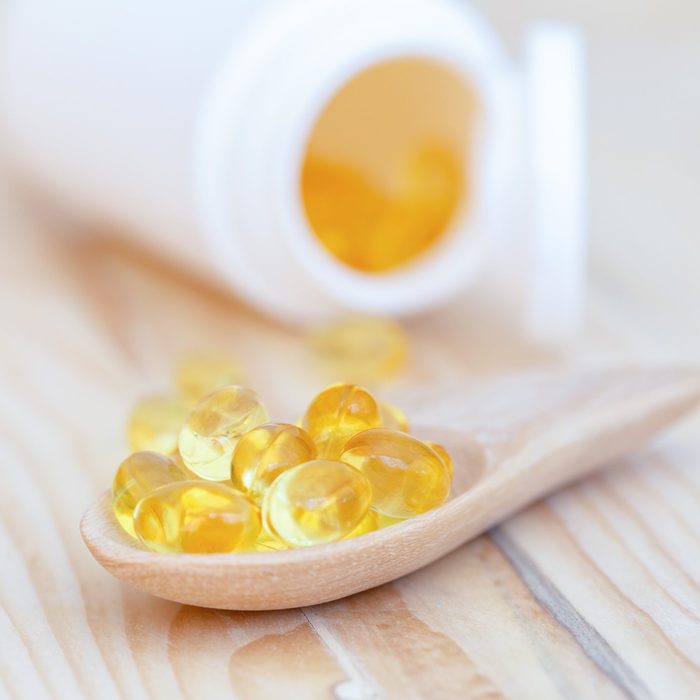
Are expensive supplements better?
Even for healthy eaters, nutritional supplements can be a good way to bridge the gap between what you eat, and what your body needs. That’s why getting blood work done under the supervision of a licensed healthcare provider is the best way to zero in on any cracks in your nutrition. (And you should consult your doctor before starting any new supplement.) But doctors and nutritionists say there are a few supplements that most of us would benefit from. Here, they offer their insights on how to choose the most affordable supplements.
Kerri Masutto, MD, board-certified internal medicine doctor, tells The Healthy @Reader’s Digest that price is just one factor when evaluating a supplement brand. Dr. Masutto adds that placing value on a higher price is not necessarily a reliable way to choose a brand. “Some companies invest a lot in research and studying, which increases the price—[but] this doesn’t mean that lower cost brands can’t be effective,” she says. “It also doesn’t guarantee that premium brands will actually be better. Some brands spend more money on marketing and massive margins than the product itself.”
8 Ways to Save on Your Health Care
Dr. Masutto suggests you use caution when it comes to a brand’s advertising. “One of the biggest fallacies I see is when people trust a celebrity name or flashy brand, [they think] they’ve developed a superior product, and that’s why it’s so expensive.”
Instead, to find high-value, affordable supplements, look for two main features:
Transparency in the brand’s research and development
Pay attention to brands that talk about the research that went into developing their product, the safety and monitoring, and how they track effectiveness, Dr. Masutto says.
Third-party testing
“The US Food and Drug Administration (FDA) doesn’t regulate supplements in the United States,” says registered dietitian Callie Krajcir, MS, RD. “Although supplement companies are not supposed to make health claims, per the FDA, many still make claims that aren’t backed by research—this can be very misleading and even dangerous.”
Krajcir recommends looking for a brand that’s been tested by a third party, like US Pharmacopeia (USP), National Sanitation Foundation (NSF), or ConsumerLab. “These agencies evaluate a supplement for quality, purity, potency, and consistency.”
The best affordable supplements
Here are seven of these clinicians’ recommended supplements to get you the most bang for your buck. They told us some of their favorite affordable supplement brands that tick the right boxes include:
- NOW Foods
- Garden of Life
- Solgar
- Nature’s Way
- Puritan Pride
- Nature Made
- Pure Encapsulations
- Thorne Research
- Desert Harvest
- Nordic Naturals
- (Remember, always consult your licensed health care provider before adding a new supplement to your diet.)
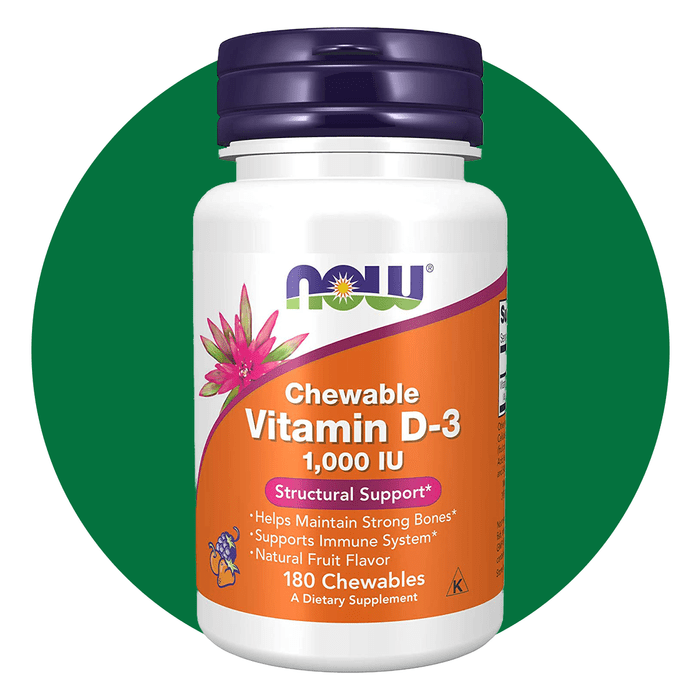
NOW Foods Vitamin D3
“One of my favorite affordable brands for supplements is NOW Foods,” says registered dietitian nutritionist Kelsey Lorencz, RDN and nutrition advisor for Zenmaster Wellness. “They use in-house and third-party testing on all of their supplements and are always at a great price point.”
One supplement she recommends stocking up on is vitamin D—and 2020 data in the European Journal of Clinical Nutrition shows that an estimated 40% of people are vitamin D deficient. “Vitamin D is difficult to get through food, and unless you’re spending a lot of time outdoors and live in a sunny climate, your body probably isn’t making enough of it,” she says.
Dietitians Explain Just How Long It Takes Vitamin D to Work in Your Body
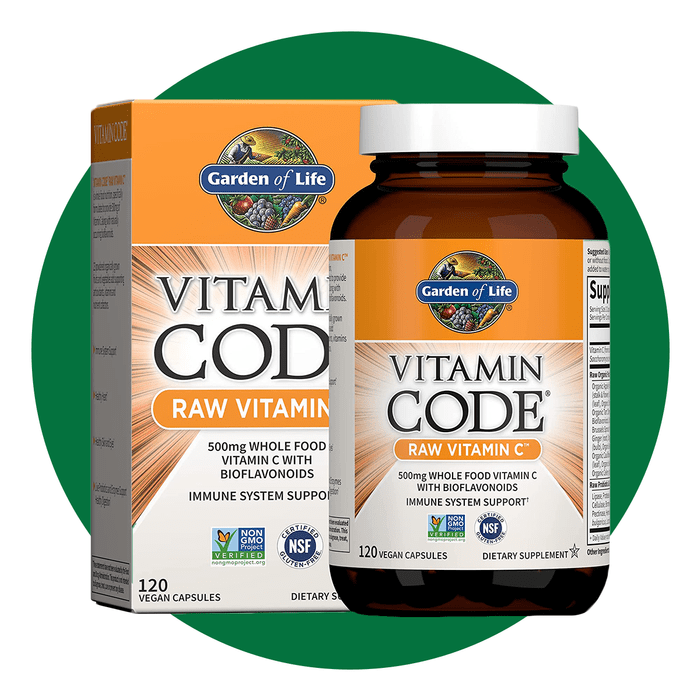
Garden of Life Vitamin C
“During the winter, it may be worth taking supplemental vitamin C, as well as zinc for immune function,” Krajcir says—and she points to Garden of Life as one of the more affordable brands she loves.
Past research, like a 2012 report in the Journal of International Medical Research, has shown that taking vitamin C and zinc together may help reduce the severity and duration of illnesses like the common cold.
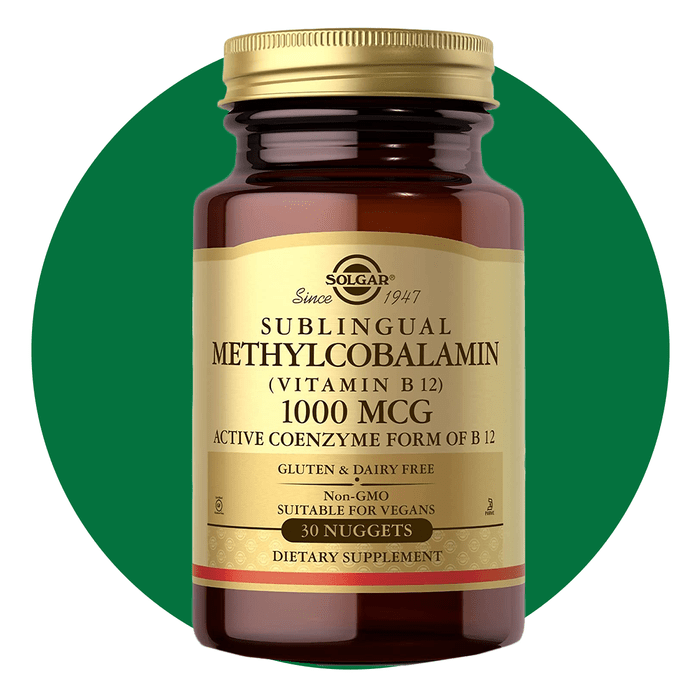
Solgar Vitamin B12 (Methylcobalamin)
About 6% of adults under age 60 and 20% of older adults have a vitamin B12 deficiency, according to the National Institutes of Health. But “low-normal” levels are even more common, and recent research has suggested that people with these low-but-medically-acceptable levels may still experience side effects associated with a nutrient deficiency.
In addition, if you’re deficient in vitamin B12, this could prevent your body from properly absorbing other essential nutrients like vitamin C, calcium, and vitamin D, according to Dr. Zablow. Also important to note: because vitamin B12 is primarily found in animal products, people following a vegan or vegetarian diet are often at a higher risk for deficiency.
Smokers Who Take This Vitamin Could Be at Higher Risk for Cancer
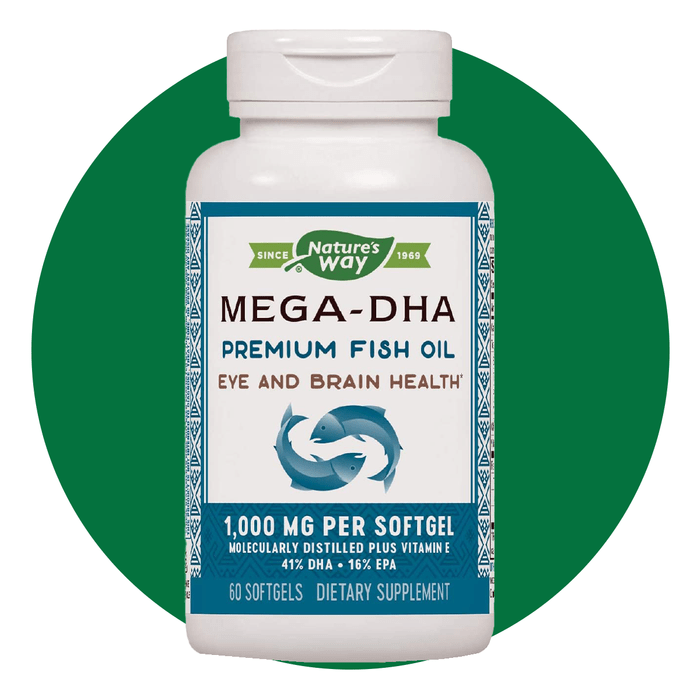
Nature’s Way Omega 3 Fish Oil
Omega-3 is a nutritional powerhouse: it helps reduce inflammation, lowers cholesterol, protects your bones, and promotes healthy brain function. But according to research published in Nutrients, Americans’ omega-3 intake is lower than the recommended amount in all age groups.
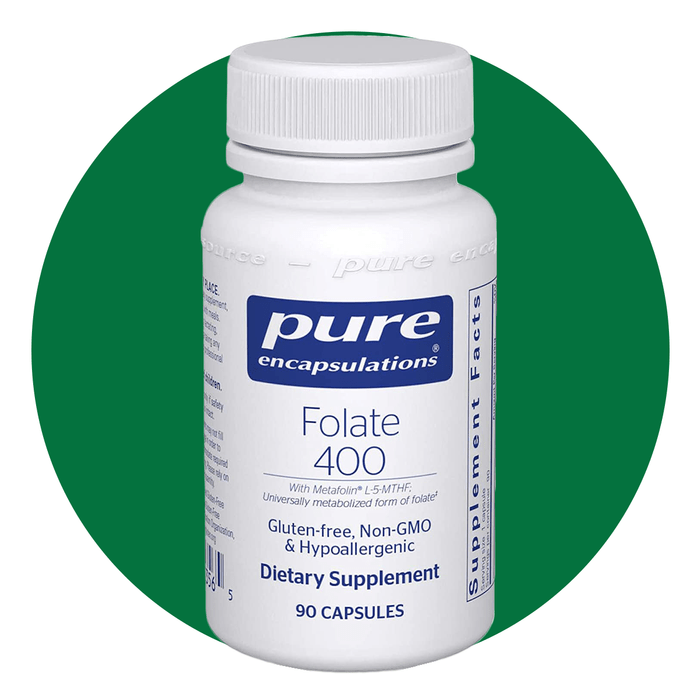
Pure Encapsulations Folate
Folate insufficiency affects around 20% of the US population, according to 2021 research published in the American Journal of Clinical Nutrition. Low levels can cause a form of anemia that can lead to symptoms like fatigue, weakness, and depression. But it’s an especially important nutrient for women looking to conceive, says Michael Njunge, MD. “Folate is crucial for the normal function of blood cells, but more importantly, it’s been proven to significantly reduce the risk of birth defects in those trying to conceive or who are already pregnant.”
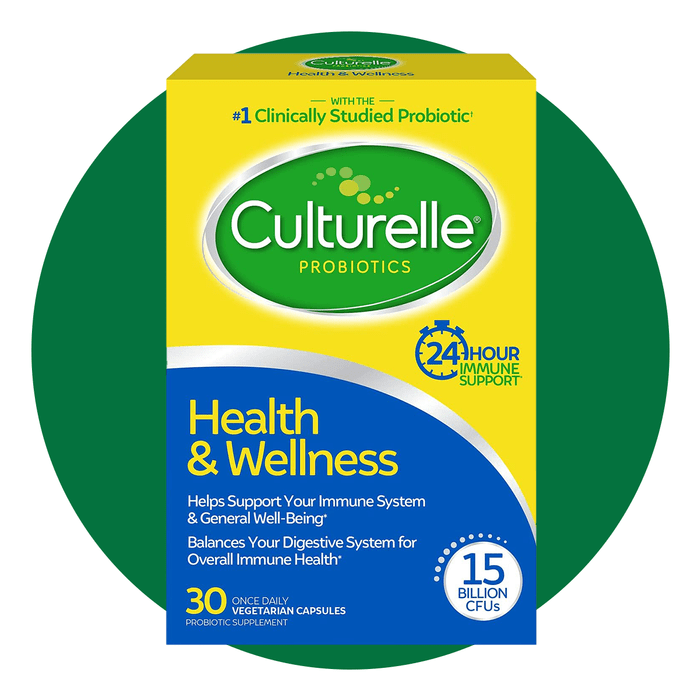
Culturelle Probiotic
We’ve covered this before, but its reputation bears repeating: Culturelle’s Probiotic is highly rated among users and nutrition pros alike for its immune system and gut health benefits. Learn more here about why experts love this powerhouse probiotic—and check out these other 12 probiotics brands nutritionists love.
